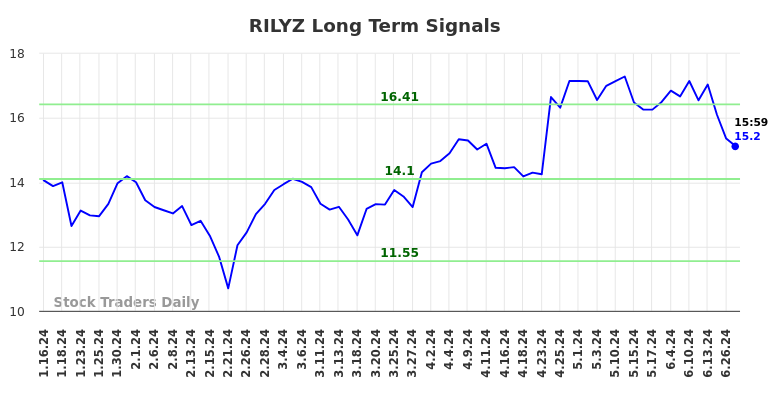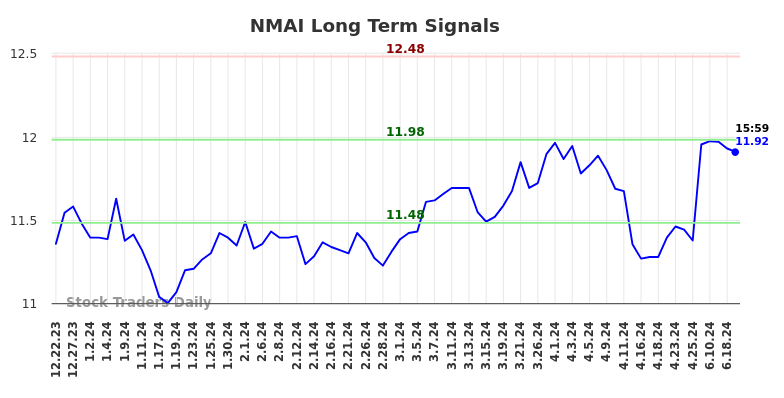Israeli media: Expansion of war to the north could lead to ‘economic darkness’

In a report, the Israeli media discusses the scenario of “economic darkness,” addressing the risks of a full-scale war in the north for the security of the Israeli financial market.
-
This photo provided by the Municipal Water Authority of Aliquippa shows the screen of a Unitronics device that was hacked in Aliquippa, Pennsylvania, on Saturday, Nov. 25, 2023. (AP)
The Israeli newspaper Yedioth Ahronothspoke of the “economic darkness” scenario in a report that deals with the risks of a possible all-out war in the north for the security of the Israeli occupation power’s capital market, ranging from cyberattacks and continuous hacking attacks to fears of data leaks and the disruption of vital services and investors’ flight from the stock market.
Specifically, the newspaper reported that in addition to the rush for generators and emergency food supplies due to fears of war in the north, there are also “those working around the clock to strengthen the capital market’s defensive wall against the threat of an attack that could shake the Israeli economy.”
“Such a scenario is not divorced from reality,” the newspaper said. According to the report of the Cyber Warfare Formation during Operation al-Aqsa Flood, “so far this year, more than 3,380 cyberattacks have been launched on companies traded on the Israeli stock exchange, of which 800 have been classified as potentially harmful.”
The Formations report found that 13,040 reports were received in 2023 that were verified as cyber events by civilians and organizations. It added that 68% of these attacks “occurred during the Gaza war (from October 7 to December), representing a 43% increase in attack reports compared to 2022.”
At what cost?
According to an economic analysis of the damage caused by cyberattacks in “Israel” last year, the Cyber Warfare Department estimates that “the total cost amounts to about NIS 12 billion annually (about $3.5 billion). This is a record amount that only reflects the potential economic damage that could be caused during a major war in the north,” Israeli experts said.
In this context, Aviv Hooker, co-founder of Faddom, a company that manages a program to map and document the computer infrastructures of some of Israel’s largest commercial companies, including the Bank of Israel, warned of this scenario, saying that “the damage to the Israeli economy and capital market could reach hundreds of millions per day.”
Hooker stressed that “the war with Hamas and the threats from Iran and Hezbollah have highlighted the need for strong national security measures,” but “the cyber front remains one of Israel’s most vulnerable battlefields.”
He noted that “Iran and Hezbollah’s cyber formations have become more sophisticated over time” and that “with these advances, the threat of attacks and the likelihood of their occurrence have also increased.”
Hooker further explained that Israeli companies and institutions must adopt an approach that assumes that threats can come from anywhere without warning and that they can quickly get into trouble.
For example, “a cyberattack on the Tel Aviv Stock Exchange could cause serious economic damage comparable to security damage,” he said, adding: “Such a disruption by a hostile entity could drive investors out of the market, causing significant damage to financial stability and hitting every Israeli in their wallet.”
Accordingly Yedioth AhronothThis scenario of “economic gloom” is “keeping many economists awake at night,” pointing out that the top 10 Israeli company exits, eight of which were in the cyber sector and had revenues of around $2.8 billion, accounting for about 80% of all Israeli high-tech company exits this year, “were not in vain.”
Inevitable escalation
In a similar context, the Israeli news website Wait! reported last April that cyberattacks on “Israel” had increased by about 43%, claiming they were sponsored by Iran and Hezbollah.
Data SEC, a SQLink Group company specializing in information security and cyber solutions, predicted in a report by Walla that there would be a significant escalation in the scale of cyber attacks and the likelihood of destruction of government sites and businesses, particularly those linked to national infrastructure in “Israel,” as part of a coordinated anti-Israel cyber campaign.
Gabi Portnoy, head of Israel’s national cyber warfare formation, said that “the year 2024 will be marked by the continuation of the war and the potential for its expansion to additional areas, coinciding with the improvement of enemies’ cyber capabilities and their readiness to carry out attacks that harm Israel’s civilian home front.”
Read more: Hackers: Release Palestinian prisoners or sell Israeli security data



